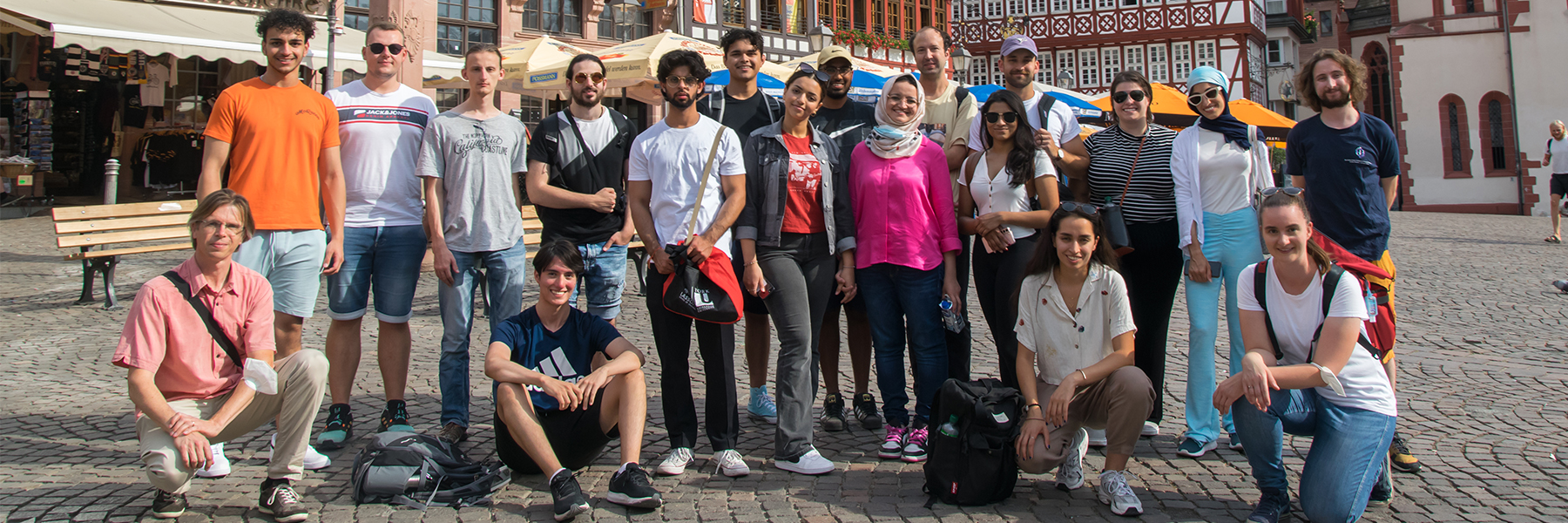In late August, nine undergraduate students from York University packed their bags and flew across the pond to join students at Goethe University in Frankfurt, Germany for the “Astrophysical Laboratories of Fundamental Physics” summer school.
The summer school was the culmination of a larger initiative called EXPLORE: EXPeriential Learning Opportunity through Research and Exchange, which enables students to learn about astrophysics hands on while also experiencing modern international research collaborations. EXPLORE includes students from York University, University of Toronto and Goethe University.
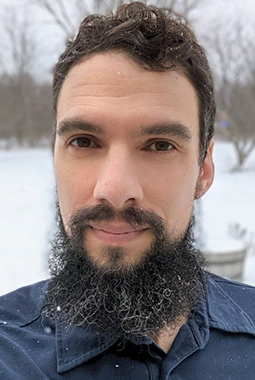
The students who attended the summer school at Goethe University had already been working together virtually during Summer 2021 or Winter 2022 semesters on small teams, tackling research questions related to dark matter. They were mentored by Professors Sean Tulin in York’s Faculty of Science; Nassim Bozorgnia and Saeed Rastgoo, who helped launch the program from York University but are now at the University of Alberta; and Laura Sagunski and Jürgen Schaffner-Bielich at Goethe University.
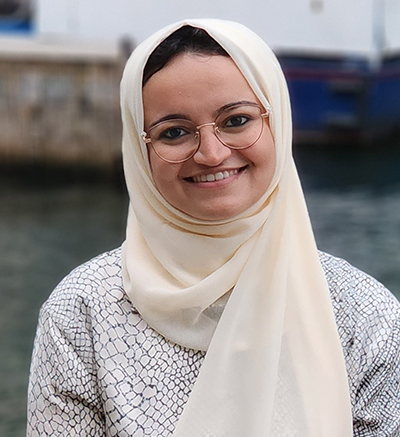
“After many hours of working and meeting online, it was nice to finally meet everyone in person,” said summer school attendee Tarnem Afify, who graduated from the York Biophysics Program. “I find EXPLORE to be a unique student-research program, since it truly gives you a taste of all the bits and pieces that go into a scientific research process. Getting a chance to visit Goethe University and meet everyone at the end of the program was the cherry on top to my experience. The summer school not only gave me the opportunity to attend thought-provoking lectures and tutorials given by great scientists, but also allowed me to learn about Frankfurt’s culture and traditions.”
Over the five days of summer school from Aug. 21 to 26, the students attended talks and lectures by renowned researchers on hot topics in theoretical and observational astrophysics. They participated in collaborative sessions and tutorials that involved analyzing data and hands-on research, as well as in cultural and social events like a stand-up paddling tour on the river Main. They also met the mayor of Frankfurt Nargess Eskandari-Grünberg, who welcomed them on their first day.
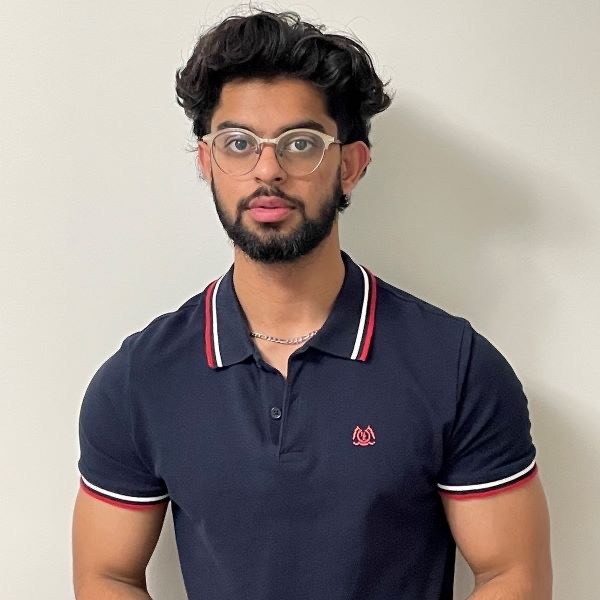
“The entire summer school was devoted to our knowledge and they also ensured we enjoyed our time there,” said York physics student Dhyan Thakkar. “My favorite was the lecture on relativistic gamma ray burst jets, we did computations regarding the physics of the jet itself after the lectures and I found that really interesting. Overall, I had a great time there, and this project in general gave me a new passion for coding and computational research.”
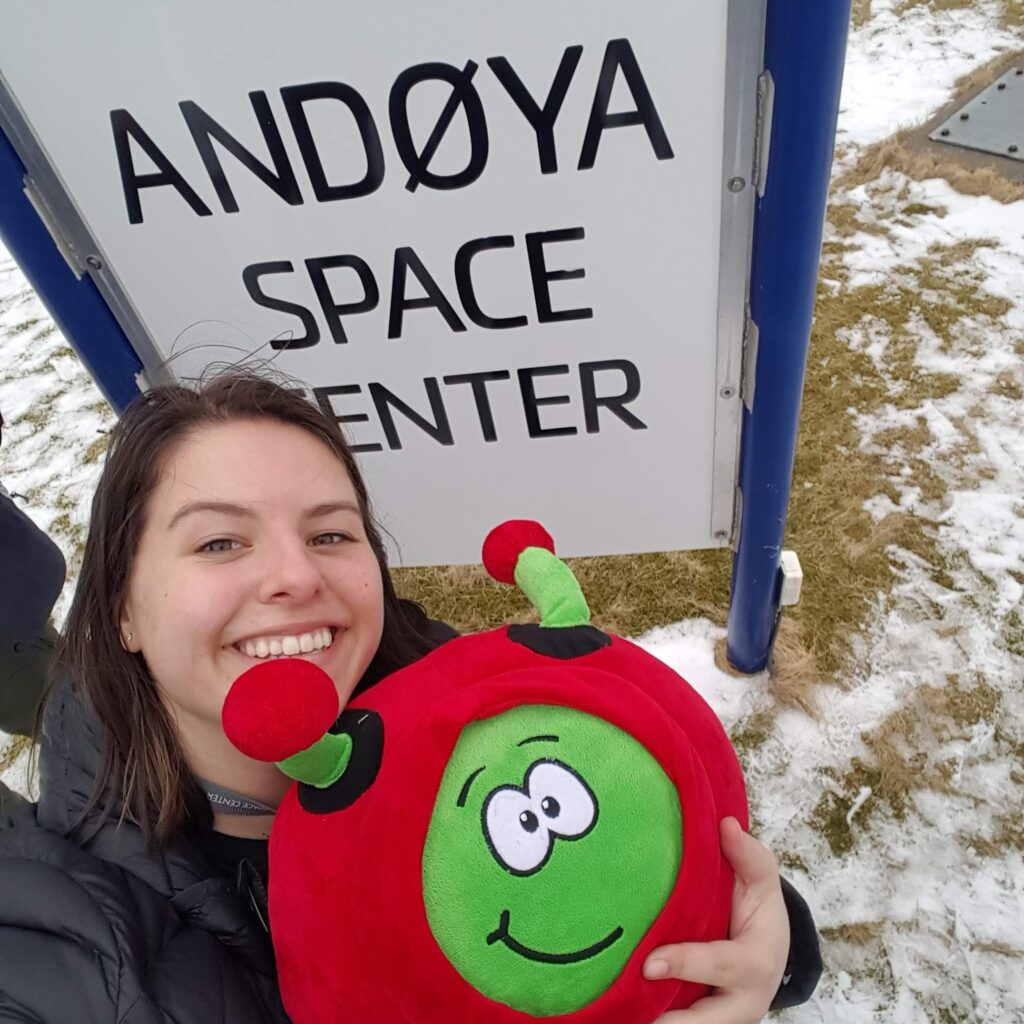
The creation of EXPLORE was sparked by Sagunski, who completed her postdoctoral fellowship at York in 2019 under the supervision of Tulin. After landing a faculty position at Goethe University, she wanted to create an innovative teaching and learning experience for students in astrophysics and reached out to Tulin to collaborate on transforming the idea into a real program. “The program allows students to explore their interests; for instance, we see some students discover that they enjoy the theoretical aspects of research the most, while others find that they prefer coding,” said Sagunski. “The experience also shows students how amazing it is to be a researcher working on an international team, going back and forth on how to answer a question.”
“As an engineering student with a passion for space, being able to participate in a research project like EXPLORE really gave me insight on how data is used and interpreted within the science field,” said Megan Gran, a York space engineering student. “From an engineering perspective, I can now visualize how to engineer space instruments for scientific use.”
EXPLORE is supported by the Academic Innovation Fund at York University, the DFG Collaborative Research Center CRC-TR 211 “Strong-interaction matter under extreme conditions” and the State of Hesse through the Research Cluster ELEMENTS. The summer school was also supported by the city of Frankfurt am Main via its city partnership with Toronto.


